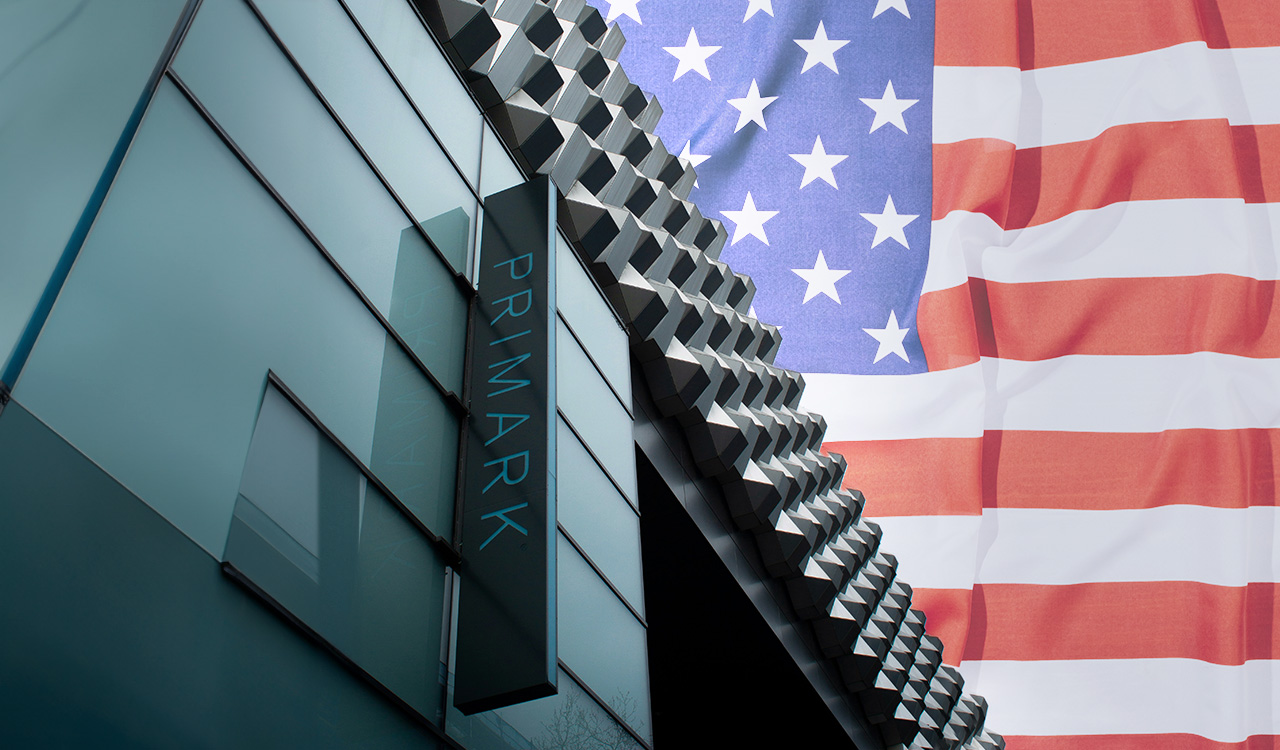In 2020 Americans spent money on Kraft Macaroni & Cheese, redecorating their homes and ordering take-out. And oh, we also spent a lot of our money on our dogs and cats.
On the list of business sectors that were on the right side of the pandemic, the pet industry would no doubt be near the top. Stuck at home, unable to socialize or even go to work, we all got up close and personal with our furry friends, spending lavishly on food, toys and pet paraphernalia. And if we didn\’t have one before we got locked in and down, we went to the local shelter and brought home a canine or feline companion…not to mention rabbits, amphibians and other assorted creatures from the Ark.
[callout]Pet adoptions are reported to be at all-time highs, to the point that many shelters and such are saying they have shortages in inventory. [/callout]
Pandemic Stars
All of this four-legged frenzy has turned the business of pets and the products they use and eat into one of the stars of the pandemic era. Estimated by the Petpedia website to be a $99 billion industry in 2020, up from $97.5 billion, the overall pet business has been booming with Americans now owning some 300 million pets…although some would say it\’s the other way around.
Petpedia has a whole kennel\’s worth of other noteworthy informational kibble:
- More than two-thirds of people in the U.S. have a pet.
- We spent more on them during the pandemic than before Covid.
- Goods and services like premium pet food, pet apparel, pet messages and pet insurance (who even knew there was such a thing?) are all on the rise.
Of course, what\’s driven much of this, for at least the past year anyway, is our home hunkering down. If we were going to be home all the time, we needed something else besides Netflix, Zoom calls and baking bread to focus on. Enter pet adoptions which are reported to be at all-time highs, to the point that many shelters are saying they have shortages in inventory. But the pet plethora is also being felt in a number of other ways.
Pets Go Public
If it\’s been a good time to get a pet, it\’s perhaps even a better time to take a pet company public. Pet products retailer Petco — officially known as Petco Health and Wellness Co. Inc. — hit the market in mid-January and promptly saw a 72 percent increase in its share price within just the first few hours of trading. It gave the company a market cap of $6.81 billion, making its owners CVC Capital Partners and the Canada Pension Plan Investment Board very happy…not to mention a nice return on their $4.6 billion purchase of Petco in 2016.
And Petco wasn\’t the only Wall Street winner. Chewy.com, once part of Petco rival PetSmart but spun off and taken public in 2019, has seen its share price leap 258 percent over the past year and is now worth $43 billion. The fact that it has yet to make any money does not seem to deter investors, and it seems like the only thing better than being a pet products retailer is being an online pet products retailer. Chewy says it added five million customers in the 12 months ended last November versus 2.9 million in all of 2019 — and it now commands 34 percent of the online pet products business. It recently added tele-pet-medicine with veterinarians on Zoom/chat to consult about pet health.
Legacy Retailers Barking Up the Same Tree
Even as pet specialty operations seem to be getting much of the attention in this space, more traditional general merchandise retailers are also stepping up their activities to grab a piece of the pandemic pet pop.
- Walmart, the biggest of them all, has been expanding its in-store vet clinics and recently launched an online pet pharmacy, part of its larger initiative to broaden its reach into the health services sector. Walmart is also selling pet insurance because…well, because why not?
- Across the highway, Target — which never met a trend it didn\’t want to exploit — is also getting into the action. Its Boots and Barkley in-house brand continues to expand; one of its latest introductions being a cat scratching pad in the shape of a taco truck, complete with \”Meow Delicioso!\” lettering. It is also offering Valentine\’s Day gifts for pets, pretty smart considering that Petpedia says more than half of all pet owners give Christmas gifts to their dogs and cats. A quarter of pet owners give them gifts for Halloween too…which no doubt explains all those disturbing Instagram posts we see.
Startups and Such
Naturally, the pet field has been ripe for startups and direct-to-consumer players. The latter are also moving into partnerships with existing retailers, mirroring the trend elsewhere in the consumer products field.
- Wild One, a 2108 startup in pet accessories, has begun selling its products through Target.
- Jinx, a pet food newcomer, has hooked up with Petco to sell online and is talking about opening its own store, maybe later this year.
- Brutus Broth, a company that markets bone broth for dogs — you can\’t make this up — now sells through any number of conventional retailers, including supermarket chains Wegman\’s and Big Y, as well as Target, Amazon and Chewy. It says it sales are up 500 percent.
- Pet product vendors, seeing how Wall Street is reacting to retailers in the field, are looking to do the same.
- Bark, which runs a pet toy subscription service called Barkbox, announced in December that it had plans to go public through a SPAC (Special purpose acquisition company or \”blank check\” shell company).
Let Them Eat Tech
The pet industry even mirrors the rest of the world when it comes to what pets eat and where that food comes from. In addition to the increased interest in premium food – 43 percent of dog owners and 41 percent of cat owners say premium is what they buy, Petpedia reports. Now a Philadelphia-based startup called Because Animals is developing lab-grown pet food, echoing what\’s happened in the people food world. The product, which is based on stem cells from mice (what else?) is expected to reach market by the end of this year.
And It\’s Not Just Us
Even if the U.S. seems to be a leader in the pet world, it is not alone. Other countries around the globe are getting just as caught up in pandemic pet-mania, not the least of which is Brazil. The Instituto Pet Brasil, which we suspect should know about all of this, reports that the pet business grew by 6 percent in the first quarter of last year, the most recent numbers available. According to a report in the Monocle online newsletter the country is now the second largest pet-shop market in the world (yes, America is first) and the business continued to gain even as the local economy suffered due to poor Covid policies.
But Will the Recovery Poop on the Pet Business?
Like just about every sector that has benefited from pandemic behavior — cooking products, home furnishings, health and wellness — there is some concern that once people begin to emerge from their homes with the liberation of widespread vaccinations, the pet business could end up in the doghouse. If we\’re all going on vacations, returning to movie theaters and sports arenas, and generally being as far away from our homes as possible, what becomes of our newfound furry friends?
Investors still have memories of Pet.com — you remember them, the ones with the sock puppet spokes-character — which was one of the most spectacular crash-and-burns of the dot.com bust around the turn of the century. Such thoughts could spill kitty litter all over hopes and dreams.
But the fact is that the pet business was growing pretty steadily before the pandemic hit and it\’s unlikely it will simply stop abruptly in its tracks like a cartoon character once social behavior starts to return to pre-Covid activities. \”The pet industry won\’t fall off a cliff,\” Kathleen Smith, co-founder of Renaissance Capital, an investment advisor, told CNN recently. \”We\’ll keep our pets when we go back to work.\” To which those in the business could only say, purr-fect.




